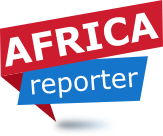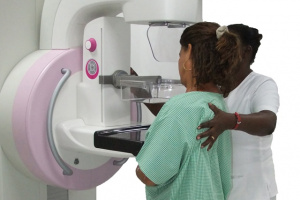The regional conference is being attended by heads of anti-corruption agencies in Africa. (Seychelles Nation)
It is estimated that Africa loses more than $50 billion per year to illicit financial flows, the Secretary General of the Commonwealth, Baroness Patricia Scotland, said at the opening of a regional conference for heads of anti-corruption agencies in Africa being hosted by Seychelles.
Scotland is urging the countries attending to take stock in order to take appropriate actions to fight corruption.
The three-day conference, which kicked off on Monday at the Savoy Resort, is being attended by representatives from Botswana, The Gambia, Ghana, Kenya, Malawi, Mauritius, Namibia, Nigeria, Rwanda, Sierra Leone, South Africa, Uganda, Tanzania and Zambia.
Speaking at the opening, Seychelles’ President Wavel Ramkalawan said that “corruption is not only about bribes. […] People are hurt when resources are wasted or diverted which is why it is so important to understand the different kinds of corruption that infect our society and develop smart responses.”
Meanwhile, the head of the Anti-Corruption Commission of Seychelles (ACCS), May de Silva ,said that Seychelles is especially concerned about cyber security and how it keeps its data safe in its institutions.
“We will share this with our colleagues as well as invite our partners in the region to share the services of our digital forensic labs,” she said.
According to the UN, corruption costs the global economy $3.6 trillion each year. Over the last 50 years, it is estimated that Africa has lost more than $1 trillion to corruption, equivalent to all the official development assistance received during the same period.
Faced with such large sums, the ACCS says that while dealing with corruption cases takes time, it has to “let the process play out. We believe that we have to follow them. We are encouraged that as we are going through the process, we can retain ill-gotten gains that have been stolen from the country, and this is for anyone who we are investigating.”
To note, Seychelles, an island state with a little over 100,000 inhabitants, has one ongoing case of the disappearance of $50 million dollars, gifted to the island nation by UAE in 2002, before the Supreme Court.
In the last Commonwealth Heads of Government Meeting (CHOGM) in Kigali, Rwanda, participants in a communiqué asked the Commonwealth Secretary General and the government of Rwanda to include anti-corruption measures as agenda priorities. These include prioritisation of the recovery of proceeds of crimes, artefacts, and illicit financial flows out of Africa as part of the resolutions of the meeting.
The conference has been held annually since its inception in 2011, gathering the various heads to discuss and implement ways to tackle corruption.
It provides “an opportunity for Heads of Anti-Corruption Agencies to collaborate and advance progress towards strengthening anti-corruption institutions across Commonwealth Africa to achieve SDG 16,” explained the organisation’s head of public sector governance, Dr Roger Koranteng.
He said that “SDG 16 goals have been tailored to look at specific targets to tackle corruption.”
Following Friday’s meeting, Seychelles expects to reinforce partnerships it has in the region.
At the moment various organisations have agreements that allow for police-to-police exchanges and legal frameworks that let them share information.




